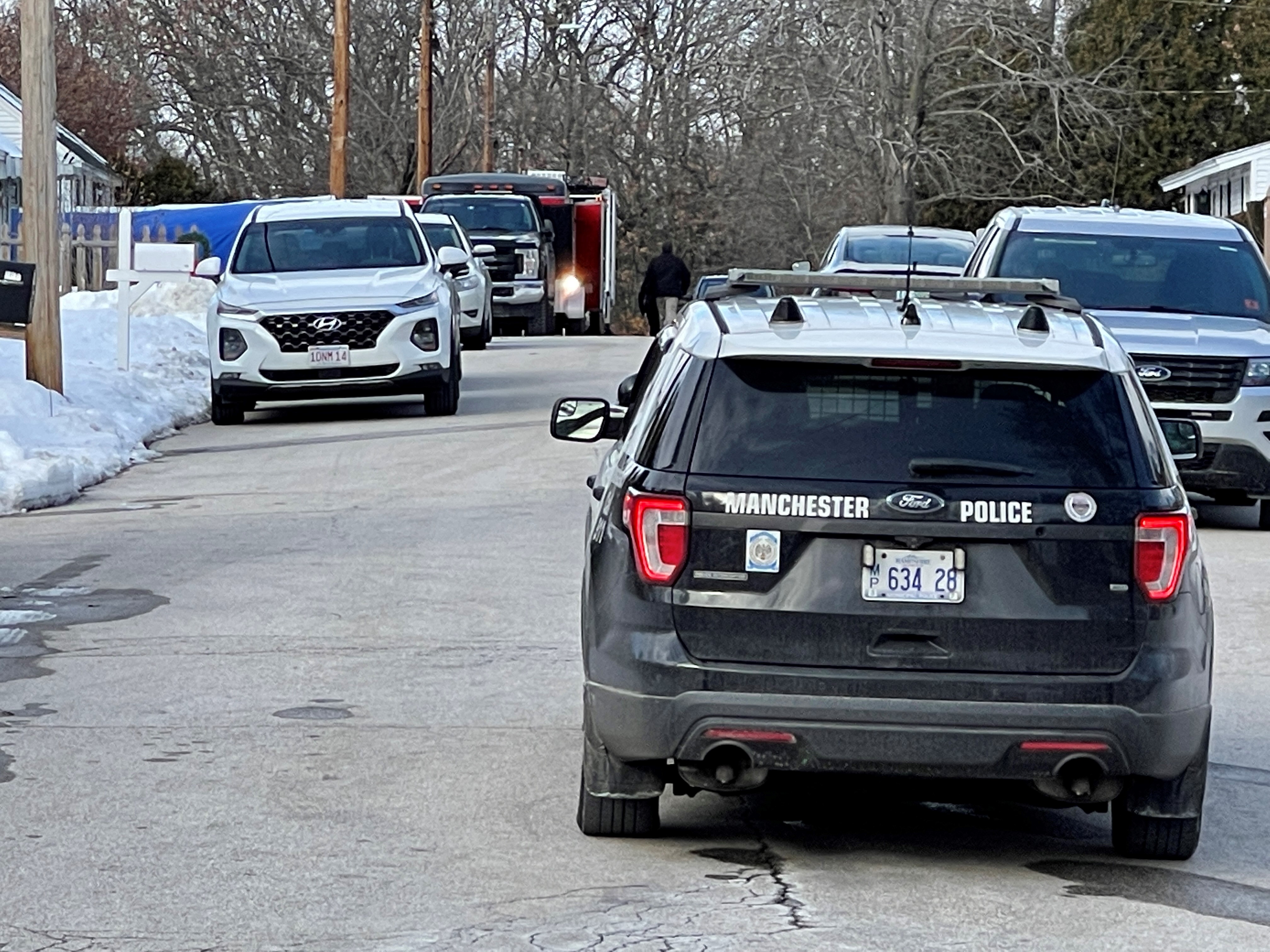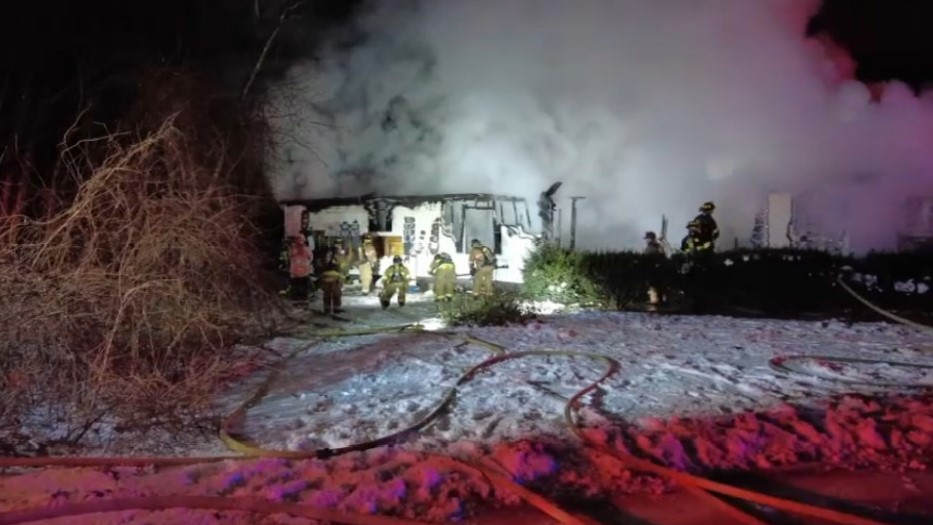New Hampshire is in the midst of an omicron-fueled COVID surge that will bring the number of new cases to new heights, Gov. Chris Sununu and other administration officials said Wednesday.
"There is a very strong resurgence of omicron across New Hampshire," Sununu said at a briefing on the state's pandemic response. "We are likely to see more cases than we have ever seen."
The level of hospitalizations -- 415 as of Wednesday -- was high enough to scare the governor, he said, and he expects it to stay high for weeks if not months.
Just last week, Granite State officials had said cases appeared to be leveling off, but over the past few days, New Hampshire has been seeing about double the number of new cases that it had a few weeks ago, state epidemiologist Dr. Benjamin Chan said.
Get Boston local news, weather forecasts, lifestyle and entertainment stories to your inbox. Sign up for NBC Boston’s newsletters.
"We believe that this is likely due to the omicron surge now hitting New Hampshire," he said.
Asked what percentage of COVID cases were omicron, Sununu said it was only in the last week when more than half appeared to be the new variant, but that they now represent "the vast majority."
Test positivity remains high, at over 21%, and an average of 9-10 people are dying with COVID in New Hampshire each day, Chan said.
Sununu was also asked what number of hospitalizations would scare him. He replied, "there's not a specific number that scares me, but, whatever it is, it's past it."
Nevertheless, he characterized the state's situation not as a "break glass" crisis but as one that requires officials and residents to buckle down to get through it. Getting vaccinated, boosted and tested remains the best way for people to take care of themselves and others, officials said.
Earlier this week, the Nashua School District also had to close some schools for the early part of the week, with staff reporting nearly 200 absences, many of them caused by the virus.
Asked about it, Sununu said school closures are "a stop gap, not a long-term solution."
At last week's briefing, Sununu said that the rate of new COVID-19 cases was slowing down, though he still urged caution given the rapid spread of COVID-19 across New England fueled by the omicron variant.
New Hampshire's 14-day change in the rate of COVID-19, a 36% increase, was the second-lowest in the region last week, Sununu said at the time.
"In New Hampshire, the numbers seem to have leveled out a little bit," he said, crediting various mitigation policies implemented over the last few weeks with helping to slow the rate of hospitalizations.
"I think we’re one of the only states where you’re actually seeing hospitalizations go down," Sununu said, while cautioning that officials were still waiting to see if there would be a post-holiday increase and that the health care system was still being taxed by the caseload.
State public health officials said then that, while New Hampshire hadn't seen a large number of omicron cases, they were waiting to see what happens as the variant continues to spread.
The governor also announced that 100 more members of the National Guard would deploy to help health care workers, with around 30 going to support long-term care facilities and 70 into hospital systems. State strike teams were also working to create more beds at two facilities.
Since Sununu's last COVID news conference last week, the state held its second "Booster Blitz," in an effort to get as many vaccinated people booster shots as possible.
He said Wednesday that the drive went well, though enough people didn't sign up to prompt officials to, at one point, invite walk-ins in.
He also said that delayed Federal Emergency Management Agency monoclonal antibody teams arrived in New Hampshire this week. However, because most monoclonal antibody treatments aren't effective against the omicron variant, Sununu said Wednesday that he was seeking permission to redeploy that staff to help in other ways.



